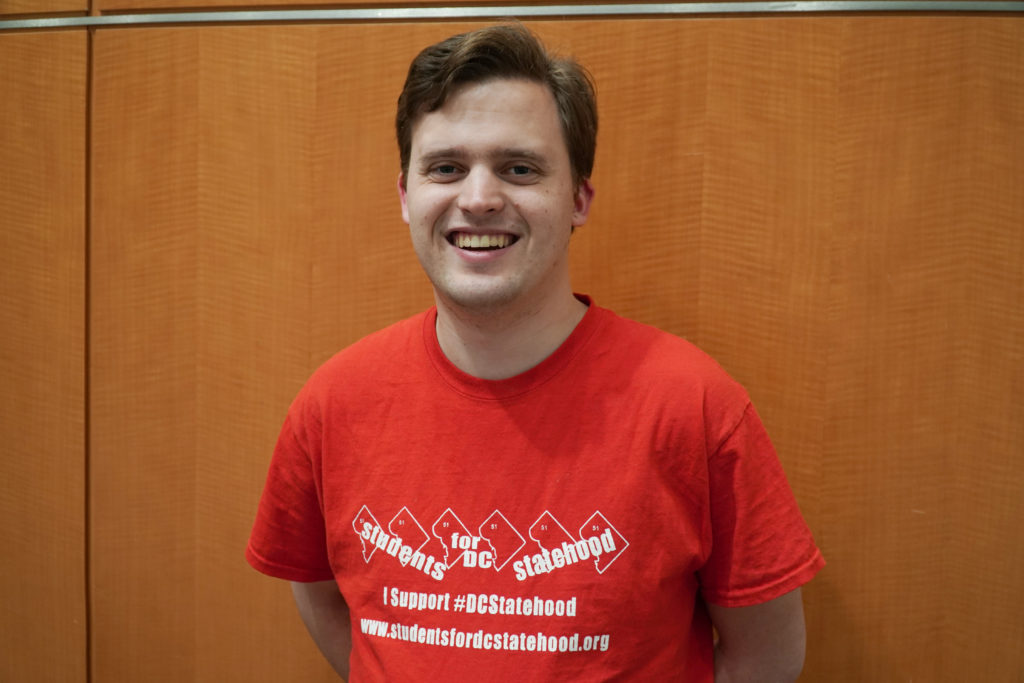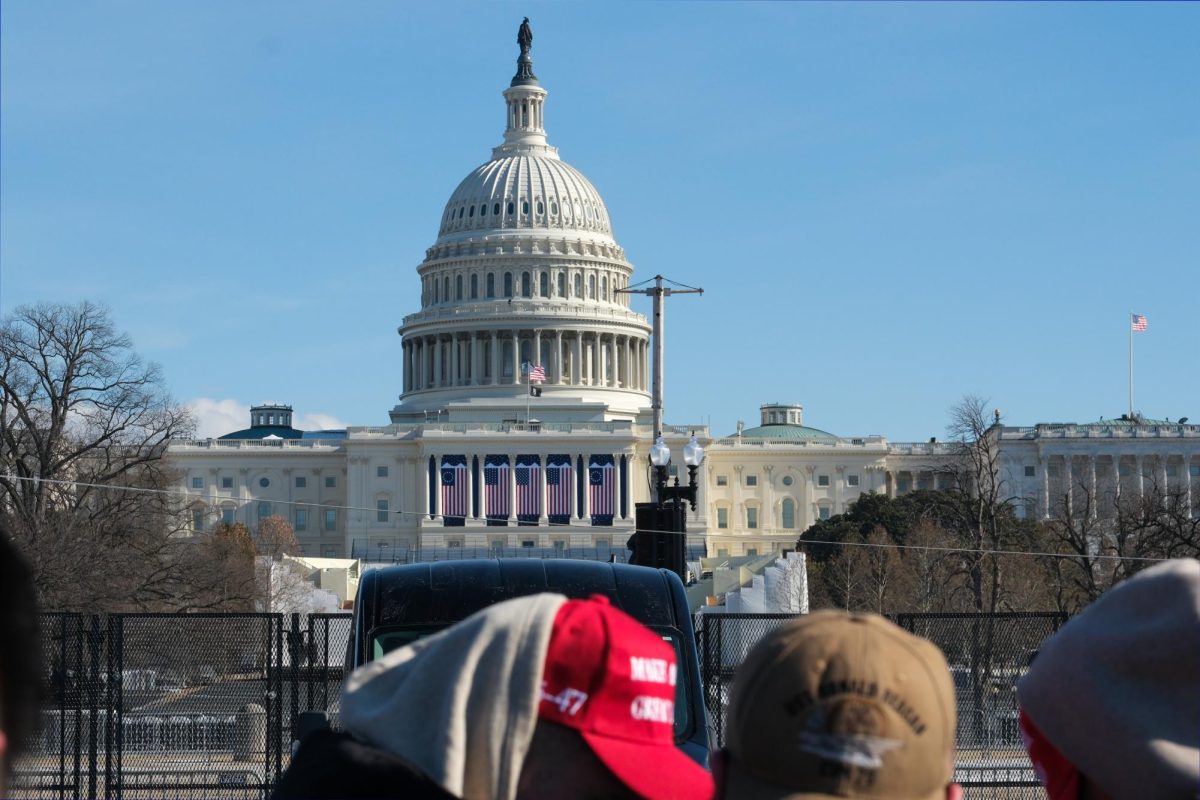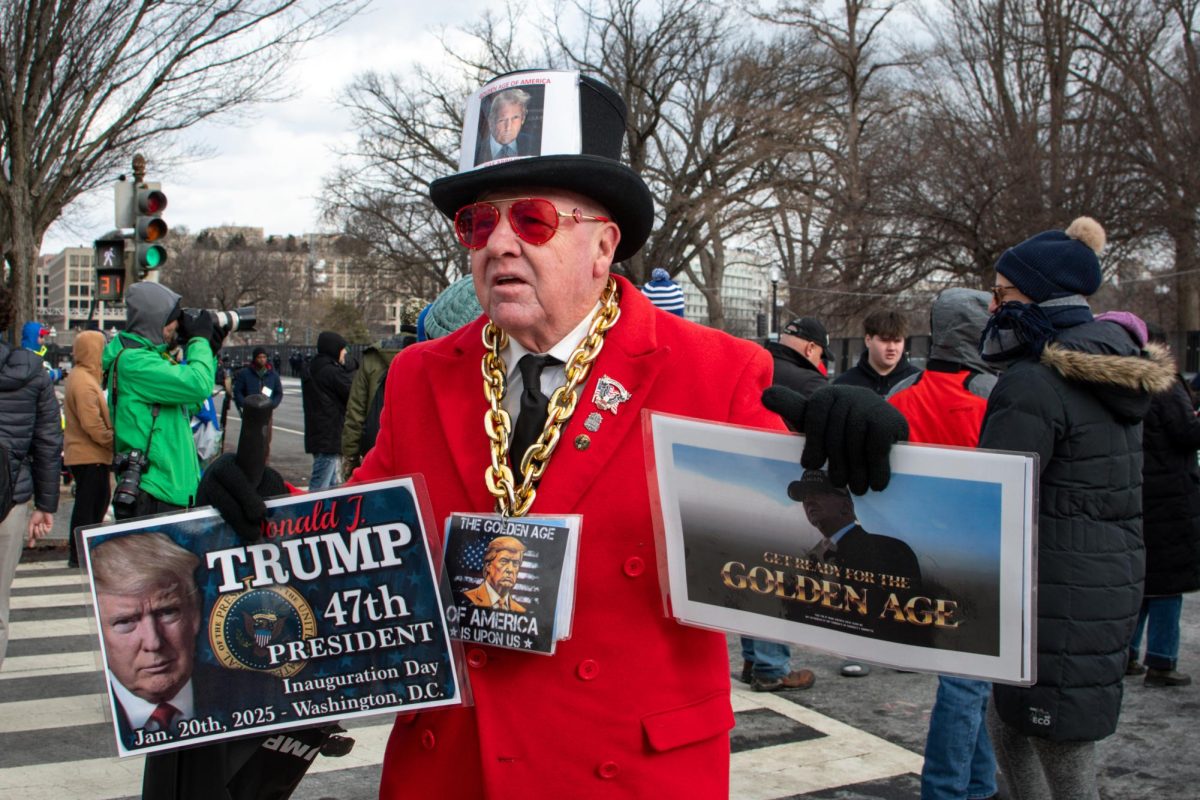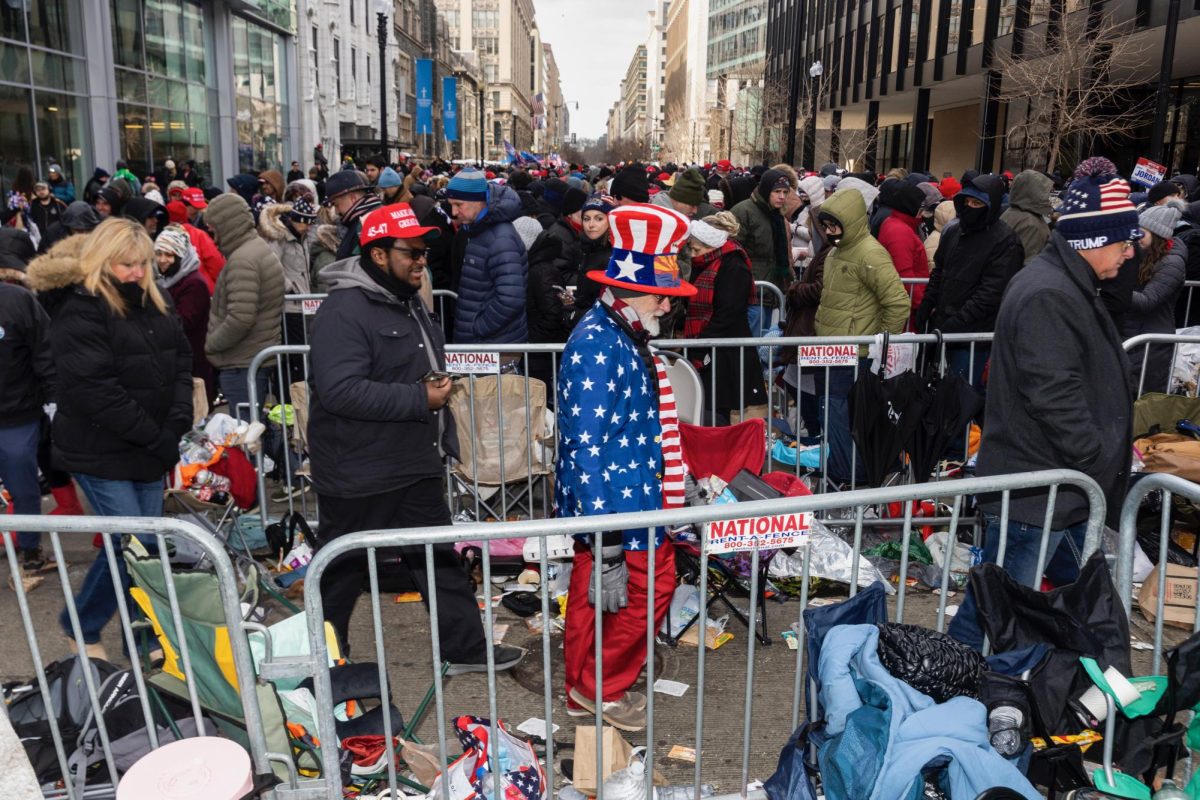Updated: Feb. 14, 2020 at 11:10 a.m.
The House of Representatives’ Oversight Committee passed a bill onto the House floor Tuesday that would make D.C. the United States’ 51st state.
For the first time since November 1993, when a D.C. statehood bill was defeated on the House floor, the House will vote on H.R. 51, which would grant the District statehood. D.C. statehood advocates said they are excited that the bill could pass in the Democrat-controlled House, as Democrats tend to favor statehood because they’ve put years of work into garnering support for the measure.
“In 2016, an overwhelming 86 percent of D.C. residents voted for statehood,” Carolyn Maloney, D-N.Y., congresswoman and chairwoman of the House’s Oversight Committee, said at the committee vote. “They exercised their right to petition Congress to remedy this wrongness, and now we have an obligation to do so.”
Noah Wills, the president of Students for D.C. Statehood, said he’s “ecstatic” about the Oversight Committee’s vote and hopes the advancement encourages more students to get involved and educated about statehood.
“As it becomes a national issue people are going to be forming their own opinions on it and we want people to be educated to make whatever opinion they might come to,” Wills said.
He said statehood affects every issue D.C. residents care about because residents do not have voting representation in Congress, meaning Congress can overturn D.C. measures like legalizing marijuana and death with dignity without input from D.C. locals.
Students for D.C. Statehood rallied presidential and congressional candidates to take a pledge supporting statehood. Ten presidential candidates, 23 senate candidates, 150 house candidates, three gubernatorial and two state house candidates took the D.C. statehood pledge, Wills said.
“We thought it was important to reach out to members running for Congress, especially people running who might not support D.C. statehood right now and try to get them involved and supportive of the issue before they’re even elected,” he said.
Josiah Reedy, a junior and member of GW’s Students for D.C. Statehood chapter, said the group has given him the opportunity to attend interesting events, like one of the original hearings on H.R. 51. The House Committee on Oversight and Reform held its first hearing on a statehood bill in more than 25 years in September.
Reedy said the vote is a sign that D.C. statehood is gaining more national attention.
“It’s going to be the first statehood bill that the house has voted on in over 25 years,” he said. “It’s just a sign of the more important thing that people outside of D.C. are really starting to take notice of this issue and take momentum behind it.”
University President Thomas LeBlanc joined three other D.C. universities in signing a letter to the House Committee on Oversight and Reform supporting statehood. Elizabeth Warren, a presidential candidate and a former GW student, signed the Students for D.C. Statehood pledge in October.
Josh Burch – who founded Neighbors United for D.C. Statehood, a local statehood advocacy organization, in 2011 – said his organization’s “core focus” has been to build up a local statehood movement and rally support from the Senate.
“We obviously realized that the only way this would really happen is if we used our local connections to get our message out to the states and the national movement,” Burch said.
He said statehood is a personal issue for him, a D.C. resident, because he is passionate about democracy and is disheartened that he doesn’t have a formal voice in the national political system.
“I grew up in D.C. and I really fundamentally believe and get excited about democracy as messed up as it can be sometimes,” he said.
He said D.C. residents should be represented in Congress and retain power in local politics like residents in the current 50 states, considering how many people live in the District.
“I feel like I’m not treated the same as everyone else,” he said. “We don’t get the same attention and we deserve it. No matter who we are because we’re Americans and we should have equal representation and autonomy of our own affairs like the states do so we don’t have congress butting into our own affairs.”
Burch said he thinks the statehood bill will pass in the House because the bill already has more cosponsors than the simple majority of 218 votes needed to pass. The bill currently has 232 cosponsors in the house and 35 cosponsors in the Senate, according to Congress.gov.
“It will happen, it’s just a matter of when, and hopefully a lot of people will see it as something we can achieve and will join the fight with us,” Burch said. “I hope what it does is excite people to act, make phone calls and write to senators and representatives to donate to candidates who support D.C. statehood.”
Reedy said he hopes Republicans will back the bill so it can pass both the House and the Senate and eventually get to the president’s desk. House Republicans pushed the House Committee on Oversight and Reform to delay the consideration of H.R. 51 in December, asking the body to better investigate Ward 2 Councilmember Jack Evans’ ethics violations.
“Just raising that national awareness is what’s going to be really important about it if we’re going to have something that can actually get done,” he said.
This post has been updated to reflect the following:
An earlier version of this post stated that Noah Wills was the president of the the District’s chapter of Students for D.C. Statehood. He is the president of the national organization. We regret this error.





